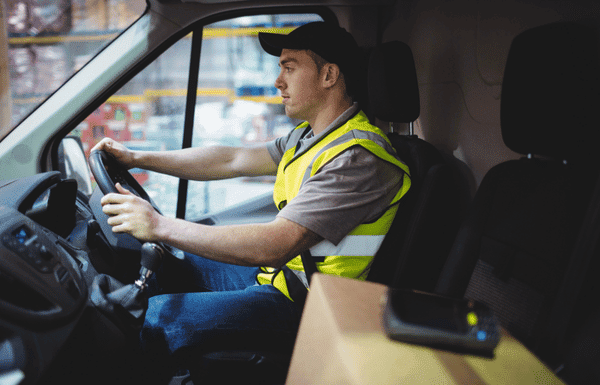Electric vehicles (EVs) are transforming the logistics industry, offering delivery drivers an eco-friendly alternative that aligns with the growing demand for sustainability. Here’s how EVs are impacting delivery driver jobs.
1. Reducing Carbon Footprint
With global attention on climate change, companies are turning to EVs to minimize their environmental impact. Electric delivery vehicles emit no direct CO2, making them essential for sustainable delivery jobs. Delivery drivers using EVs contribute to cleaner air in urban areas, aligning their work with environmental goals.
2. Cost Efficiency and Savings
EVs have lower fuel and maintenance costs compared to traditional gasoline or diesel-powered vehicles. This is a significant advantage for delivery drivers and companies alike, helping to cut down logistics costs in the long run. Charging an electric vehicle is generally cheaper than refueling, and with fewer moving parts, maintenance is less frequent and less expensive.
3. Government Incentives and Regulations
Many governments offer incentives for switching to electric vehicles, such as tax breaks or grants. Additionally, in urban areas with low-emission zones, EVs are often exempt from extra fees. For delivery drivers, this translates into cost savings and increased earnings potential, as they avoid congestion charges that can apply to non-electric vehicles.
4. Enhanced Driving Experience
Electric vehicles provide a quieter, smoother driving experience, which can be particularly appealing to delivery drivers who spend long hours on the road. EVs also often feature the latest technology, such as advanced navigation systems, improved safety features, and regenerative braking, which enhances driving comfort and reduces fatigue.

5. Infrastructure Challenges
One of the major challenges for delivery drivers considering electric vehicles is charging infrastructure. While urban areas may have a growing network of charging stations, rural and remote routes can still present difficulties for EV drivers. Drivers need to plan their routes carefully to ensure they have access to charging points, which can sometimes extend delivery times.
6. Increasing Corporate Responsibility
Many logistics companies are adopting electric vehicles as part of their commitment to corporate social responsibility (CSR). Delivery drivers working for such companies play a key role in reducing the carbon footprint of last-mile deliveries. This shift aligns with consumer demand for greener, more sustainable business practices.
Conclusion
Electric vehicles are playing a vital role in the future of delivery driver jobs, offering environmental benefits, cost savings, and an improved driving experience. As the logistics industry continues to move toward sustainability, delivery drivers who adopt EVs will be at the forefront of this change, contributing to a cleaner, greener future for the sector.




